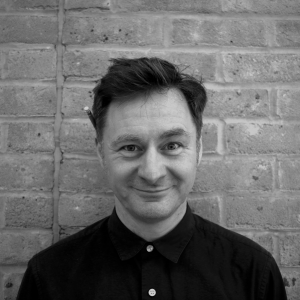The power of Social Surplus
23 Nov 2015

Working in community social care is hard. You probably got into it because you care about people – older people, vulnerable people, sick people, people with dementia. You want to make sure they get a better quality of life. Where you probably end up is rushing from appointment to appointment, making cups of tea, bathing, dressing, chatting, cleaning in 15-minute slots that are allotted and planned by someone you never meet – increasingly fulfilling the needs of spreadsheets, not people.
In Holland, a radical new experiment is turning that system – top-down, planned, functional, “efficient” – on its head. Buurtzorg, founded in 2006, gives small groups of qualified social care professionals the power to manage themselves. Who they care for, how, when, and for how long. They plan their own budgets, time, training and resources. They form their own groups and elect their own leaders. There are no managers, no policies or programmes, no strategies or measurements. Actually, that’s not true. Instead of measuring inputs – how long they spend with each client, how long they spend driving between appointments – they measure outcomes. And the outcomes are better for clients and staff. Happier, healthier, longer lives.
Founded in 2008, AirBnB was designed to ‘leverage surplus’ – economically-dormant unused rooms – via technology. They already offer more rooms than major hotel chains who’ve been at it for a century or more. But what the founders soon realised was that they hadn’t built a platform to leverage unused rooms (physical capital) – they’d tapped into a wellspring of unused social capital. People like AirBnB because they get to look after other people, or spend time in other people’s homes and cities. Hence the brand’s proposition – ‘be at home anywhere’.
There are dozens of other examples I could share, as you well know, but what I think we are seeing is a surge of organisational models that tap into our social beings. Our social selves have been eroded by precarious jobs and competition for schools and homes, by headphones and self-service checkouts – but they are fighting back. From welcoming Syrian refugees to hosting strangers in our homes, from supportive hashtags to community gardening projects – we want to be there for each other, because it makes us feel more human.
According to the School of Life, the jobs people most often cite as their ideal aren’t running a successful hedge fund, being CEO of a corporation, being Prime Minister, a Premier-League footballer or even an astronaut. They’re running a cake shop, or owning a B&B. Why? Because we want to make each other happy. It makes us happy.
Businesses looking for purpose, startups disrupting the market, charities wanting to change the world, post-capitalist community projects – the successful ones will be those who understand just how strong, instinctive and persistent our social selves are. Those who give us the opportunity not to feel richer, faster, more efficient, more popular – but simply to feel more human.
Social surplus is the greatest source of untapped value there is. And the more you feed it, the more it grows. So what are you doing to harness its power?

Please login to comment.
Comments